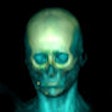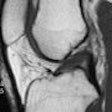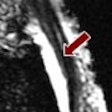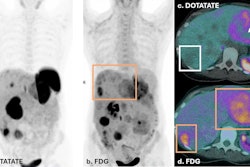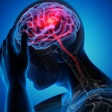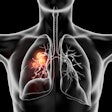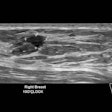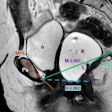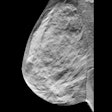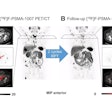More in Home
Radiologist outrages public decency
February 10, 2026
'Hub-and-spoke' model and telemedicine can boost stroke care
February 9, 2026
Radiologist faces censure over prescribing habits
February 9, 2026
German team unveils dose findings on breast MRI
February 9, 2026
Microwave ablation safe for tumors close to heart
February 9, 2026
Audit puts spotlight on breast density in women under 50
February 5, 2026
DBT shows advantages over mammography in TMIST Lead-in analysis
February 4, 2026
European survey sheds light on imaging of sepsis
February 3, 2026
PSMA-PET predicts patient response to therapy
February 3, 2026
Radiologist faces investigation over patient death
February 2, 2026
Teleradiology: Here to stay, but still second best?
February 2, 2026
